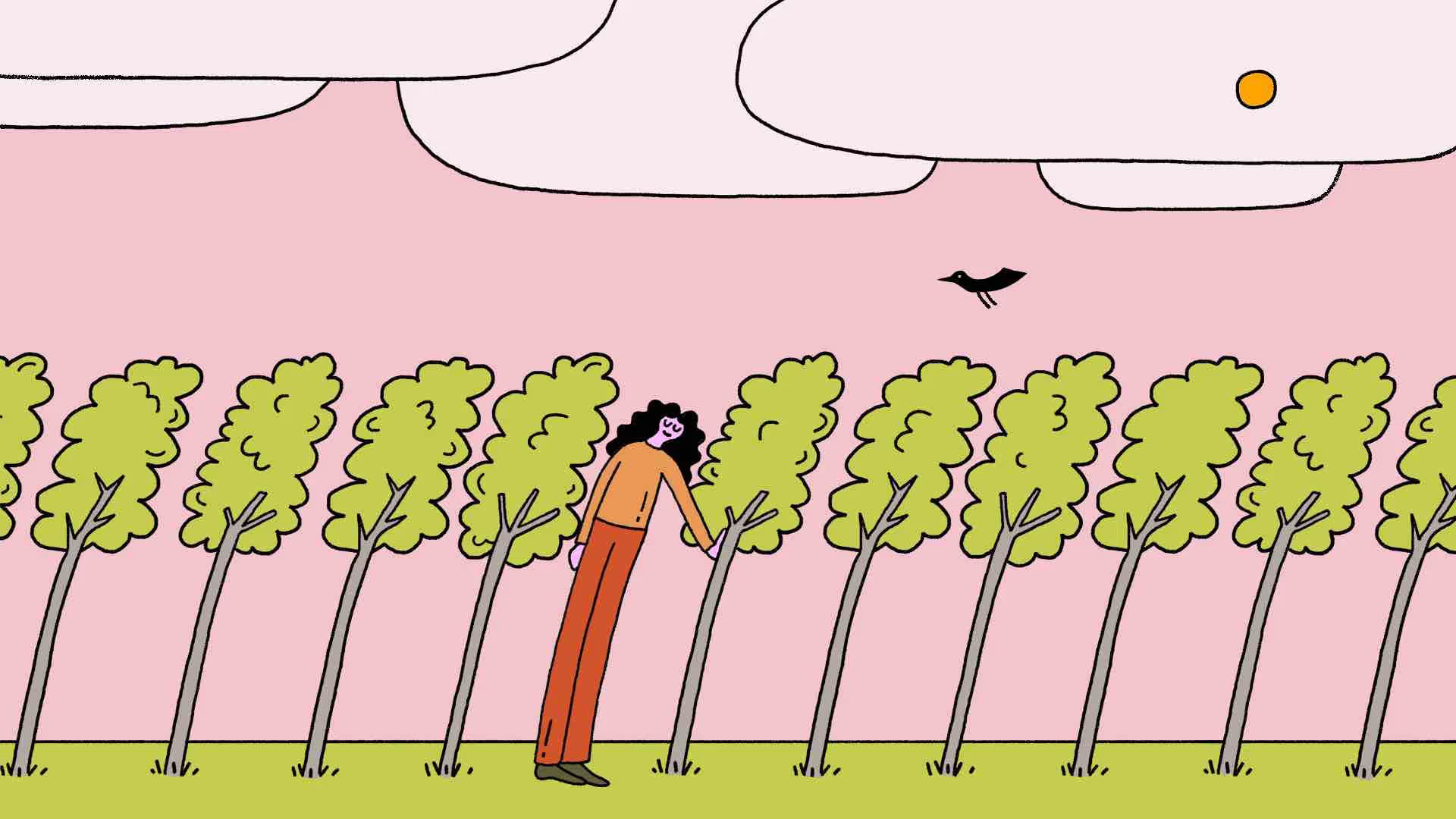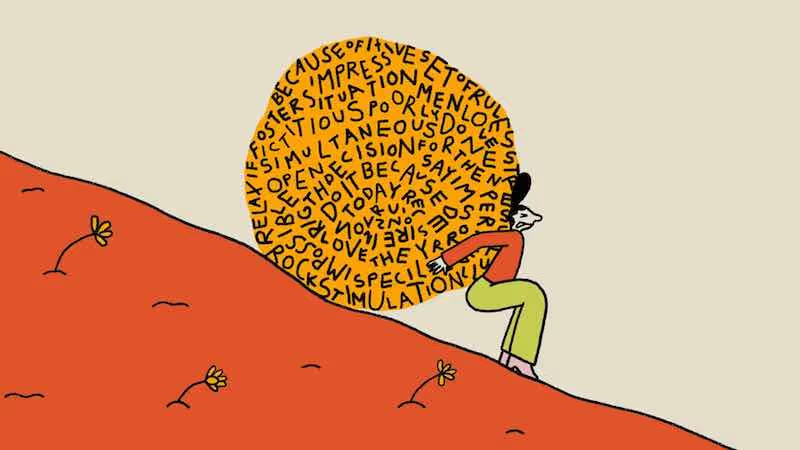Shall We Begin?
The tallest skyscraper in the world, the Burj Khalifa, was designed to sway in the wind. Its 206th story, at the very top, bends back and forth up to two meters to “confuse the wind,” as chief structural engineer Bill Baker once said. Most tall buildings are designed to adapt to the sky’s push and pull, perhaps taking a cue from trees, which bend and come back to center again and again. Whether concrete and steel or wood and leaves, these structures bend so that they don’t break. And it is what we humans must do now, too.
Bending is deeply important to me. Physically, it’s a stretch that awakens the body and expands our edges. It improves our flexibility, agility, and nimbleness. Psychologically, bending is what we’re called to do when we can’t change our circumstances, when we can only change how we react to them. It’s what businesses call “pivoting.” It’s what immigrants have done forever. It’s what I and many others call “adaptability.” And it’s an essential part of resilience.
How much has our world changed in the last few years? How much have we changed? And of those changes we’ve all had to make to varying degrees, what has been reactive versus proactive? How many of us have felt that standing tall and strong—holding on to our routines and beliefs—were the only ways to have some semblance of normalcy? Did your life stay the same? How many of us felt the exact opposite: a call to change everything all at once—to quit the job, move somewhere else, change the status of our relationships, dissolve into a more malleable form to become someone entirely new? Did you change too much?
Adaptability does not prioritize drastic change over fierce rigidity. Adaptability is the conversation within us between stability and change, between continuity and innovation. It is the marriage of our fundamental needs for security and adventure. Adaptability is our ability to bend and come back to center over and over again, increasing our flexibility each time, whether we’re in our daily stretch or the fight of our lives. And the more we practice becoming adaptable, the more we can tolerate change and harness its power.
I’d like to say that I know the perfect ratio of fluidity and steadfastness to achieve the type of adaptability required to meet this moment. I don’t. It’s easy for me to tell you how much I value Zygmunt Bauman’s concept of “liquid life”—an ability to continuously uproot but still find a sense of belonging that he described as an essential part of survival in our rapidly changing world. I deeply identify with that side of the equation. It’s much harder for me to admit how challenging I find rigidity to be, because I equate it with being stuck.
What has helped me find balance—that special posture of absorbing our wobbles to hold strong—has been re-designing the strongest structures in my life so that they can sway when the wind picks up. I adapted my therapy practice and company for remote work. My supervision group began meeting every week to adapt to the increased need for collaboration and support among therapists. I adapted my kitchen into a stage for a free virtual workshop series. My team and I adapted the prompts I had long used in my office, on my podcasts, and in my talks and turned them into a card game—because play is crucial in learning how to adapt.
It is for all of these reasons that my 5th annual Sessions Live conference this coming November is titled “The Great Adaptation: How Can We Stay Grounded When the Ground is Moving?” Along with my guests, we will explore Adaptability and its best outcomes. If you are a therapist or work in the wellness space, I hope you will join us.
Let’s Turn the Lens on You
- When was the last time you changed your mind?
- What is the best piece of advice you’ve ever received?
- When was the last time you took a big risk?
- What is a part of yourself you need to break up with?
- What experience of adversity made you stronger?
- What resources do you draw from family and community in hard times?
More From Esther
The Great Adaptation / A multidisciplinary training event
Let's continue the conversation. Join Esther this November for a three-part digital training event as we explore together how adaptability, mass mutual reliance, and collective resilience are crucial to meeting this moment.
“Eroticism in Hard Times” / a newsletter
When times are good, Eroticism is what converts the mundane into magic. When times are tough, Eroticism is what inspires us to survive—and even to thrive—despite all odds.
“Intimacy and Your 5 Senses” / a blog article
When we’re feeling depleted, Eroticism can help. Engaging in our five senses with our partner is the best entry point.
“Stories shape our reality.” / a newsletter
We all have our go-to stories, but have you ever wondered what role they play in our lives? How might the internal logic of these stories shape our new experiences?
Conversation Starters
A compendium of highly recommended sources of inspiration and information
On My To Read List:
- “The New Puritans” by Anne Applebaum (The Atlantic)
- “How Should We Meet and Who Decides?” by Priya Parker (The New York Times)
- “Better Sex Through Mindfulness: How Women Can Cultivate Desire” by Lori A. Brotto
I’m Watching/Listening:
- “Scenes of a Marriage,” a mini-series by Hagai Levi
- “The Square,” a film by Ruben Östlund
- “The Last of the Love Letters,” a play by Ngozi Anyanwu
- “What Would Real Sexual Liberation Look Like?” Amia Srinivasan on The Ezra Klein Show
- “Group Think” on the Hidden Brain podcast






.svg)





